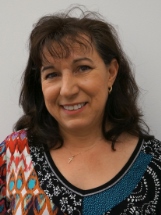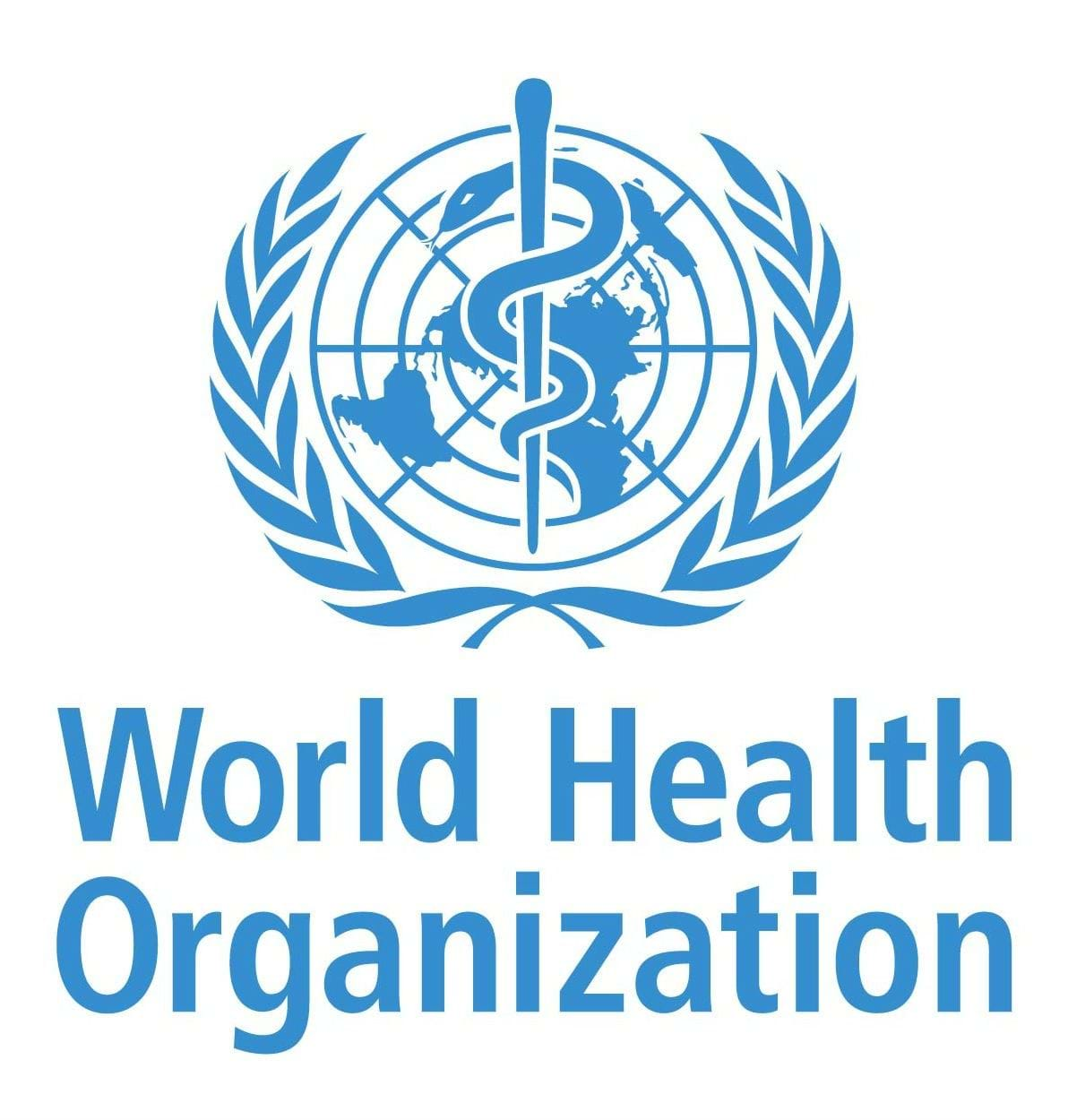My name is Florence Fouque, I am a medical entomologist and I came to TDR in 2014 to lead a unit called “Vectors, environment and society” that was established three years earlier under the leadership of Yeya Touré. It is looking at the broader issues that affect the transmission of pathogens through vectors like mosquitoes, bugs and others. I would like to give you an overview of how our unit is evolving, and what we are trying to do and why. |  Florence Fouque Credit: WHO/TDR/I. Suder-Dayao |
More than 30 research projects are currently being funded, with about 100 students getting their Masters and PhD degrees as part of this work (many of them living in or near the communities at risk). One of our major projects has been studying how to help vulnerable African communities increase their resilience to diseases like malaria and sleeping sickness. These diseases are affected by climate change. For example, higher temperatures and modified rainfall could create perfect breeding grounds in some areas.
Controlling these vectors requires attention beyond the biology of the mosquitoes and how they breed and transmit parasites and viruses. We also need to examine how societies are set up, and ways they can actually increase or decrease the transmission. The diseases are circulating from rural and wide open environments to urban areas where social factors play a much bigger role in transmission. The behaviour of the communities, housing and the economic levels have to be taken in account to control the diseases.
The diseases are moving from rural and wide open environments to urban areas where social factors play a much bigger role in transmission.
We are investigating both how to reduce vector breeding and reducing contact with the vectors such as with window screens and bednets – identifying when and how to use these kinds of tools. We are also looking for new approaches and tools or ones that have been developed and are not in use yet.
An interdisciplinary approach is needed – this requires multiple fields, from the study of insects to water, agriculture, meteorology, and sociology – to work with community members in new ways and develop new approaches. This is why our unit is called “Vectors, environment and society” – we focus on how these areas are interlinked.
What’s new
This graphic illustrates our approach. I’d like to explain some of these.
.jpg?Status=Master&sfvrsn=6718894e_3) | We are building a more equitable approach – regardless of gender, and putting in place programmes and funding schemes to address this. Last year we funded eight projects in Africa led by women scientists to test some of their ideas on how to increase the numbers of women in science. We are also supporting the development of new courses on gender-based approaches to vector-borne diseases. Students will explore how women (and men) can be affected differently by diseases and how taking this into account can lead to more successful approaches. |
Learn about the eight projects in Africa led by women scientists
We also believe that there are ethical issues that need to be addressed to ensure full access to the health system and products. We are facilitating the training of health care workers in remote villages so that African children under the age of five have the diagnostic tests and medicines they need, and severe cases can be referred appropriately.
We’re building and strengthening networks to develop common approaches and systems and sharing and learning from each other, such as with the new Caribbean Network on Emerging Vector-Borne Diseases. This is led by the Caribbean Agency of Public Health (CARPHA) and co-led by some of the biggest research institutions of the region, such as the Pasteur Institute of Guadeloupe, the Ross University of Veterinary School of Saint-Kitts and Nevis, and the Instituto Pedro Kouri from Cuba.
For the first time last year and this year, all partners from the 30 countries involved in the surveillance and control of vector-borne diseases met twice to better organize and harmonize their surveillance system and the vector control activities. This network was in place when Zika virus arrived in the region. The information on cases and needs were exchanged, allowing some of the most vulnerable countries to receive help in a timely manner.
We need to be open to emerging challenges. Many insecticides that have worked for years are now losing their effectiveness. The vectors are adapting to the chemicals used. What does this mean for control? Can we find different solutions like environmental control that do not depend as heavily on insecticides? How do we help reduce or eliminate diseases like malaria, and what are the main causes of residual malaria when all possible and effective tools are in place and the disease still persists? Is there a change in human or mosquito behaviours, for example?
Partnerships
There has been much progress against vector-borne diseases – some diseases are approaching elimination, others have good tools that work in specific conditions. That is what can happen when there is political and financial support and sound scientific evidence.
We need to continue these efforts, and build on what we have learned. Our cultures, our beliefs and our behaviours can reduce or increase transmission of these diseases that cripple societies and economies. The Ebola and Zika crises provide plenty of evidence. It is now incumbent on all of us to take what is learned and create these new approaches.
We’re working closely with the World Health Organization at the regional and national levels, and in particular with the Global Malaria Programme and the Neglected Tropical Diseases Department at headquarters in Geneva. We believe that this partnership approach is essential. It is allowing us to identify and test innovative solutions and put them in place where they can truly make a difference.
Contact: Florence Fouque

